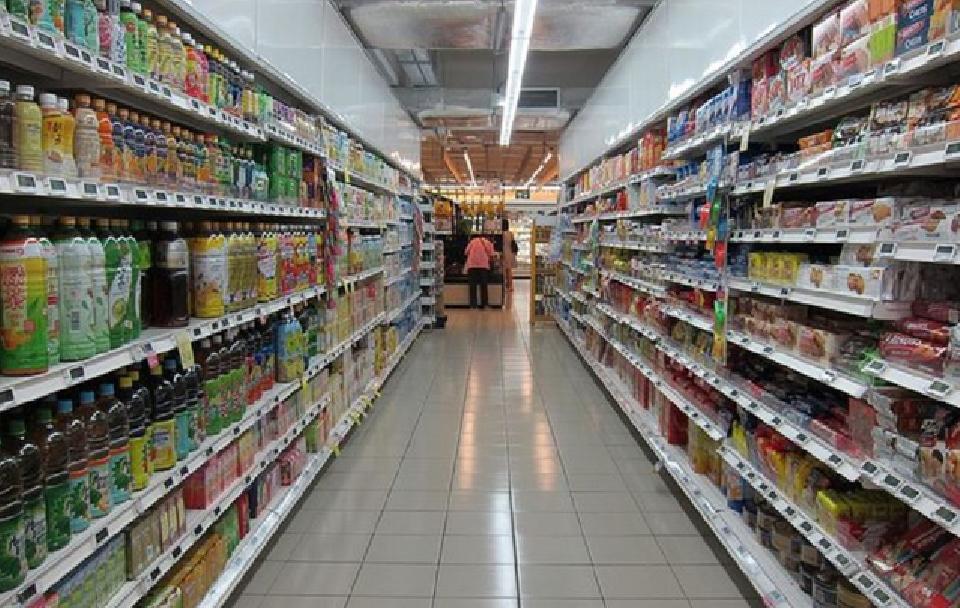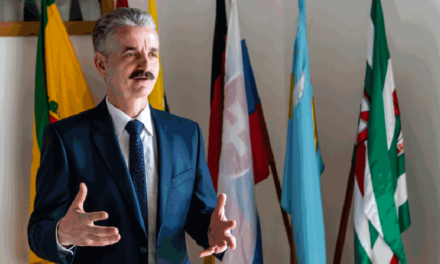Inflation has risen in countries where the economy has restarted, including in Hungary, but at the same time, from the beginning of next year, rapid, decisive and proactive interest rate increases will moderate the level of price inflation, and base effects will also soften the data, said András Balatoni, the Hungarian National Bank (MNB) directorate dealing with economic forecasting and analysis at a press conference broadcast on the central bank's YouTube channel.
Presenting the latest Inflation Report, the official of the MNB highlighted that inflation will be above 5 percent in the short term, until December, and core inflation will also move on an upward trajectory, and may exceed 4 percent in the last month of the year. According to the forecast, the central bank can reach the 3 percent inflation target in the second half of next year, but at the same time the risks are on the rise, pointed out András Balatoni.
The higher wage growth and the more dynamic expansion of consumption, as well as the permanently high external inflationary effects, act in the direction of an increase in inflation, but at the same time, the fourth wave of the coronavirus epidemic may hold back the economy, thus posing a downward risk to inflation as well, he opined.
András Balatoni said that the Hungarian economy is still on a fast recovery path, which will continue in the third quarter, but the development of the fourth quarter raises questions precisely because of the epidemic.
According to their forecast based on weekly data, an increase of approximately 8 percent will unfold in July-September, he detailed. Compared to 2019, the recovery of the domestic economy is at the forefront of Europe in an international comparison, he pointed out. This year, according to the central bank's forecast, the rate of growth in Hungary may be 6.5-7 percent, 5-6 percent in 2022, and 3-4 percent in 2023.
An important driver of Hungary's recovery is internal demand and the labor market, explained András Balatoni. In the history of the market economy, employment has never been at such a high level in the competitive sector as it is now , which results in an increase in the disposable income and confidence of households - he explained, also indicating that in more and more companies the workforce is the bottleneck in the expansion of production point of view. The MNB expert said that the confidence of companies has also increased after the crisis, and this has a positive effect on investments, which is also supported by the financing options available on the market.
Export demand is lively, but at the same time, the global chip shortage and production chain problems are hindering the ramp-up of production, he added. He pointed out that transport costs have increased eightfold, which also affects inflationary processes. Looking at the entire economy, the investment rate will be 28-29 percent this year and in the next two years, which puts Hungary among the three best-performing EU countries , the expert emphasized. András Balatoni also touched on the fact that the budget deficit can be maintained in 2021, 2022 and 2023, in their view, and that the rate of public debt will also remain on a downward path.
In the next two years, the current account balance will be close to equilibrium, and the external financing capacity, including EU transfers, will be around 3 percent of GDP towards the end of the forecast period.
Source: MTI













